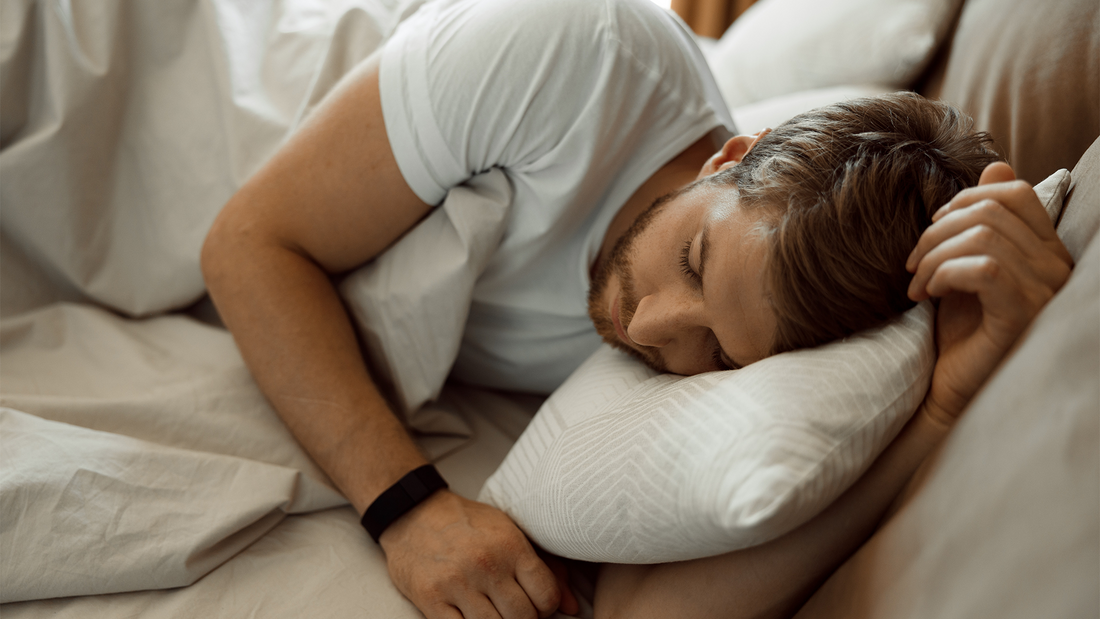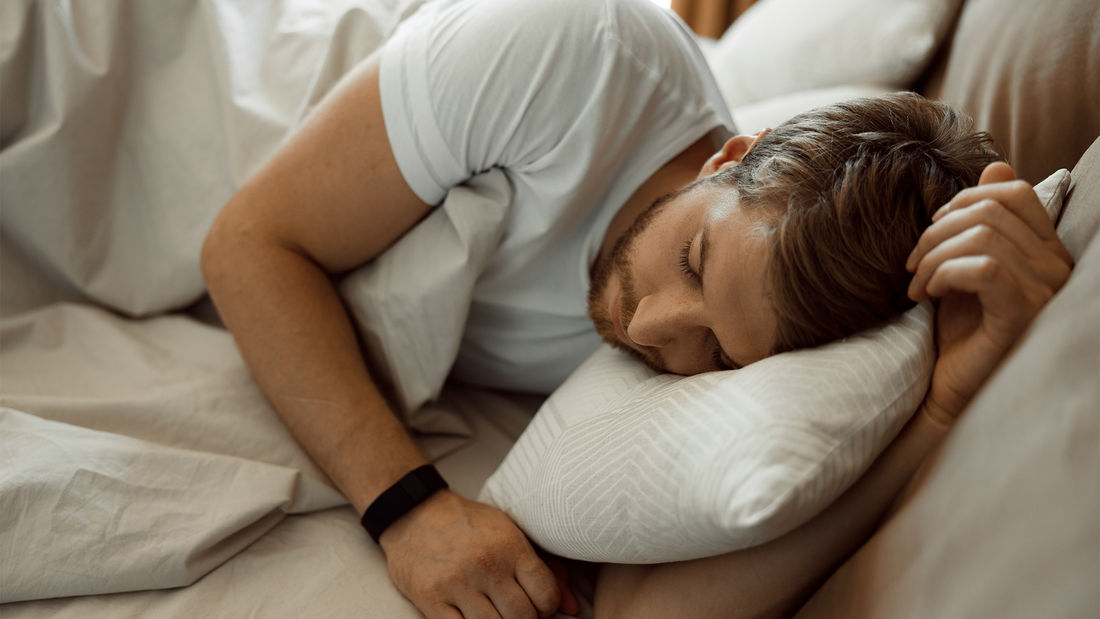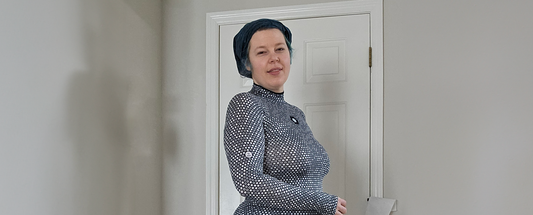

How Establishing a Sleep Schedule Can Improve Your Mental Health
Waking up “on the wrong side of the bed” can mean a day filled with irritations and inconveniences. Sometimes, it means that we just didn’t get a good night’s sleep and now we’re just more irritable, in general. Sleep hugely affects our mood and day-to-day activities. Going to work or beginning a workout after poor sleep can feel difficult, frustrating, or downright bad.
Having an unpredictable sleep schedule or poor sleep health can also negatively impact our mental health. As we know, it’s vital to take care of our mental health in order to both perform our best on race day and live a full, rich life everyday. ZOZOFIT is here to help you understand more how establishing a sleep schedule can improve your mental health. Let's take a look.
Sleep is an Essential Function of the Body
Our bodies need sleep to perform essential functions and also keep us going. When we sleep, we not only give the body a chance to rest and heal itself, but we also let our brains have the time to process our days. The brain never “sleeps” because while you’re snoozing away, the brain prepares you for all the learning, remembering, and creating you will do the next day, according to Dr Maiken Nedergaard.
Sleep also is essential to our physical health, as when we’re asleep the body takes the time to heal and repair. That’s why sleeping can be a great “medicine” to the flu and the cold. The more rest you get, the easier it is for your body to fight off the infection.
So, not sleeping enough can have opposite effects, making us more likely to get sick, injured, or deal with brain fog and memory problems throughout the day. This is especially important for athletes and fitness enthusiasts, since we exercise our bodies regularly.
The Link Between Sleep and Mental Health
Taking care of our mental health helps us do all the things we want to do — because when we feel good mentally, it’s easier to tackle challenges, be creative, and get excited for new experiences. It’s also easier to complete everyday tasks to keep ourselves healthy and our living spaces functional.
Since sleeping improves things like memory, creativity, and overall mood, it makes sense that not sleeping well would make someone more irritable, reactive to minor stresses, and susceptible to negative thoughts about themself or the world. These feelings make it difficult to move through the day.
According to Columbia Psychiatry, “while insomnia can be a symptom of psychiatric disorders, like anxiety and depression, it is now recognized that sleep problems can also contribute to the worsening of different mental health problems, including depression, anxiety, and even suicidal ideation.”
The worsening of mental health problems and lack of sleep can be a vicious cycle, where each feeds off of each other.
So, it’s good to know that even if you are in the depths of poor sleep or you are struggling with mental health there are steps you can take to help you sleep and alleviate some symptoms of mental illness.
Improve Sleep with a Sleep Schedule
Improving your sleep starts with good sleep hygiene. Since sleep is an essential function, it’s important to establish a sleep schedule. Although this may be difficult at first, especially for folks who work night shifts or unpredictable hours, try your best to stick to a routine.
When developing a sleep schedule take into account how many hours of sleep you need to feel well rested. Once you’ve decided this, you can “schedule” what time you need to be asleep in order to get a good night’s sleep. Most medical professionals recommend 7-9 hours for adults.
Next, it is time to start practicing good sleep hygiene. Treat your sleeping time as a special time, just for you, so that you can properly rejuvenate and be ready for the next day.
First, establish that your bedroom is only for the three S’s: sleep, sex, and sickness. By only associating your bed with these activities, it will be easier to fall asleep when it’s time to get into bed.
Part of having a sleep schedule also means creating a bedtime routine. This can look different for everyone. Some people may want to have some “no screen” time before bed and meditate or read, while others may want to do some light stretching and journaling. Figure out what activities will help you wind down for the day — and seriously consider ending screen time at least an hour before bed.

Both your mental and physical health are deeply connected to your sleep. Make sure that you're getting enough high-quality rest every night so that you can be at your best in every way.
If you struggle with sleep and mental health, it’s likely that you may have been relying on naps and/or caffeine to get you through the day. Taking naps out of your daily routine and ending caffeine consumption before 2:00 PM can also increase your sleep quality, and thus your mental health.
Additionally — and this may be hard for athletes and fitness enthusiasts — try to avoid physical activity in the hours leading up to bedtime. Exercising stimulates the body, which can keep you awake. Try to schedule your workouts for the morning, your lunch break, or in the early evening, such as the hours immediately after work. This may entail reworking your training plan or meeting with a coach/trainer to rethink your plan, but since sleep is paramount to achieving peak performance, this is an important conversation to have.
For many, it’s hard to make these changes, but once you implement them, it’s much easier to get a good night's sleep. Be intentional and diligent about sticking to your sleep schedule in order to see results for both your mental and physical health.
Know When to Seek Medical Expertise
If you are dealing with insomnia or chronic mental health issues like depression or anxiety, you may want to consider seeking professional help. A doctor can work with you to determine the underlying cause of your sleep problem or mental health problems, and thus recommend a personalized treatment plan.
Establishing sleep schedules can help, but there are times when we all need a little extra help. Know that it’s okay to reach out to a medical professional about your struggles as we all need help from time to time.

![zf-w-[168px] zf-h-[40px]](http://zozofit.com/cdn/shop/t/15/assets/logo-desktop.png?v=117713855448369080381753069598)


